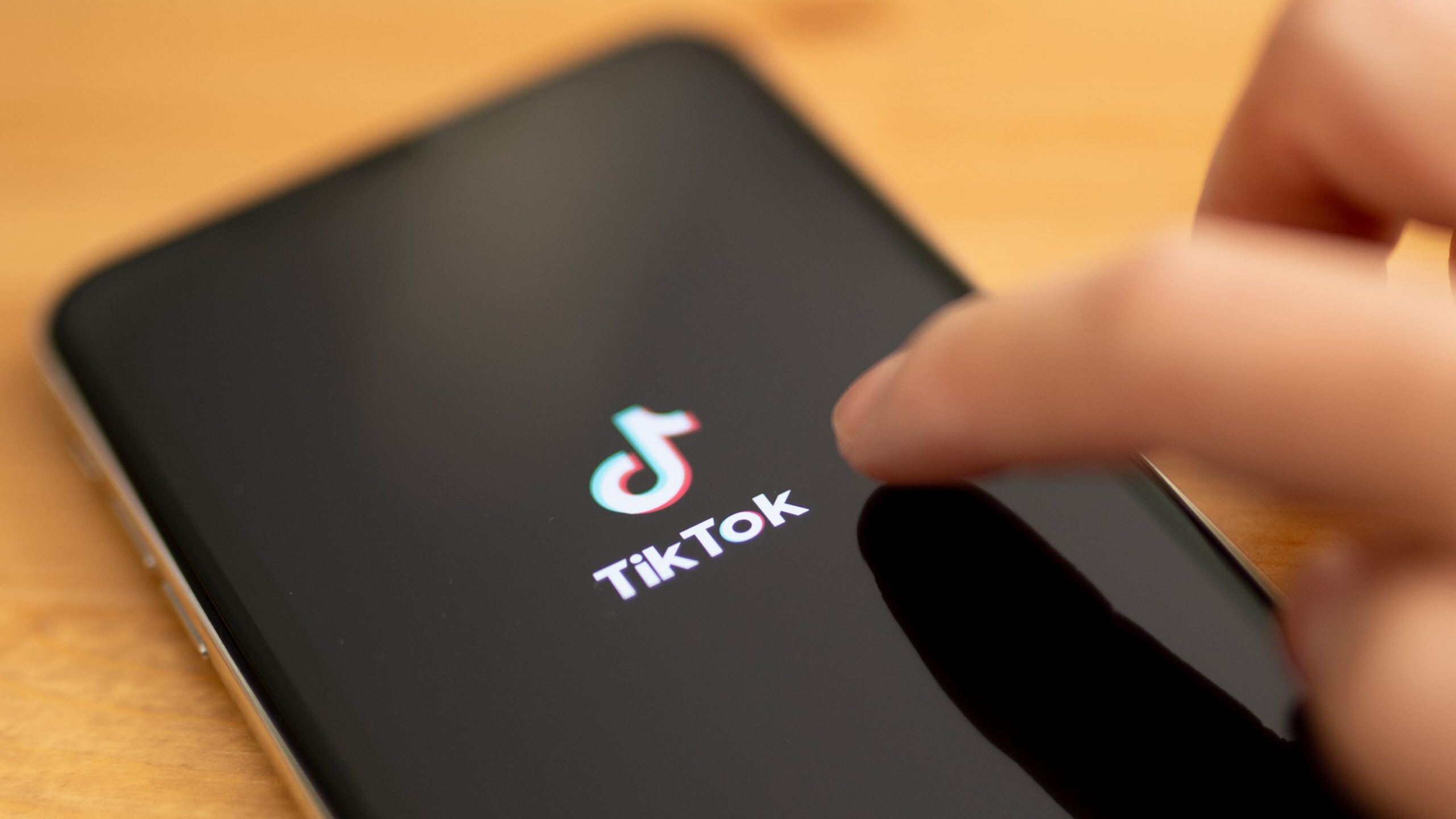The evolving legal status of cannabis use presents complex challenges for employers. As more states legalize marijuana for medical or recreational purposes, the traditional framework of workplace drug testing is undergoing scrutiny. This blog post explores the implications of cannabis legalization and how employers can adapt their drug testing policies to accommodate the changing legal environment while ensuring a safe and productive workplace.
The Legalization Trend
Recent years have seen a wave of legalization measures sweeping across the United States, fundamentally altering the landscape of permissible substance use. With marijuana now legal in some form in a majority of states, the prevalence of cannabis use is likely to increase, presenting new challenges for employers who maintain drug-free workplace policies. While the intention behind these policies is to reduce workplace incidents and enhance productivity, the new legal status of cannabis raises questions about the relevance and fairness of traditional drug testing practices.
Challenges Posed to Existing Drug Testing Policies
Traditional drug tests, like urinalysis, detect the presence of THC metabolites, which can linger long after the effects of marijuana have worn off. This means that a positive test result does not necessarily indicate impairment at work. As outlined in the knowledge base, the presence of drugs or alcohol in an employee's system can be linked to increased absenteeism and decreased productivity, but it's essential to distinguish between use that affects job performance and off-duty conduct that has no impact on work.
Adapting Drug Testing Policies
In light of legalization, employers must reconsider the necessity and appropriateness of drug testing, particularly for non-safety-sensitive roles. Given the complexities surrounding cannabis use, a one-size-fits-all approach may no longer be viable. Adjusting THC levels in drug tests, considering the role's safety sensitivity, and exploring alternative testing methods that focus on current impairment, rather than past use, are steps that forward-thinking employers are taking.
Best Practices for Modern Drug Testing
The key to modern drug testing lies in detecting impairment rather than the mere presence of substances. This shift ensures that drug testing is directly related to job performance and safety. Education and training for management are also crucial in navigating the nuances of drug testing policies. Managers must understand how to handle positive tests sensitively and legally, particularly when it involves substances like marijuana, which may be legal outside the workplace.
Moving Forward
As the workplace adapts to the new reality of legal cannabis, the emphasis must remain on safety, health, and fair treatment. Employee Assistance Programs (EAPs) play a vital role in supporting employees who may be struggling with substance use, ensuring that the workforce remains healthy and productive. An EAP can offer confidential counseling and support, which can be particularly beneficial for employees who use marijuana for medical reasons.
Conclusion
The surge in cannabis legalization necessitates that employers review and update their drug testing policies to align with the current legal and social climate. It's no longer just about maintaining a drug-free workplace; it's about creating a fair, safe, and inclusive environment that respects employees' privacy and legal rights. Employers must engage in an ongoing dialogue about drug testing, keeping abreast of legal changes and societal attitudes.



